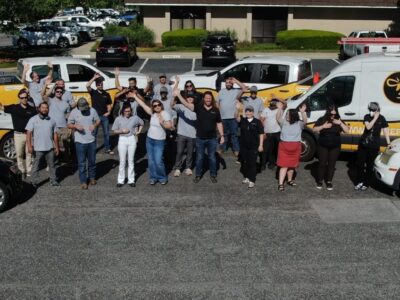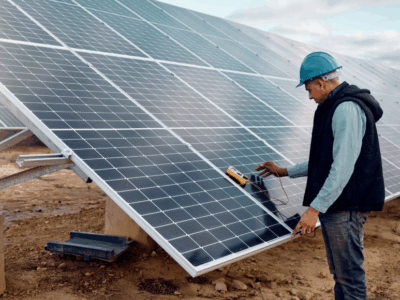In hospitality, there is a suave term “sense of place.” This phrase was once described by a travel professional as a deeply representative connection to a specific location; a link so authentic that if one were to open one’s eyes in a room without any idea of where they were, the inside of that room would immediately reveal key clues, if not the location itself (think: waking up in a log cabin in one of America’s great National Parks – what would the inside look like, smell like, sound like?). The principle is rooted in genuine love for a place and the ability to communicate its characteristics without words. This same principle applies to food, drink, and even beer.
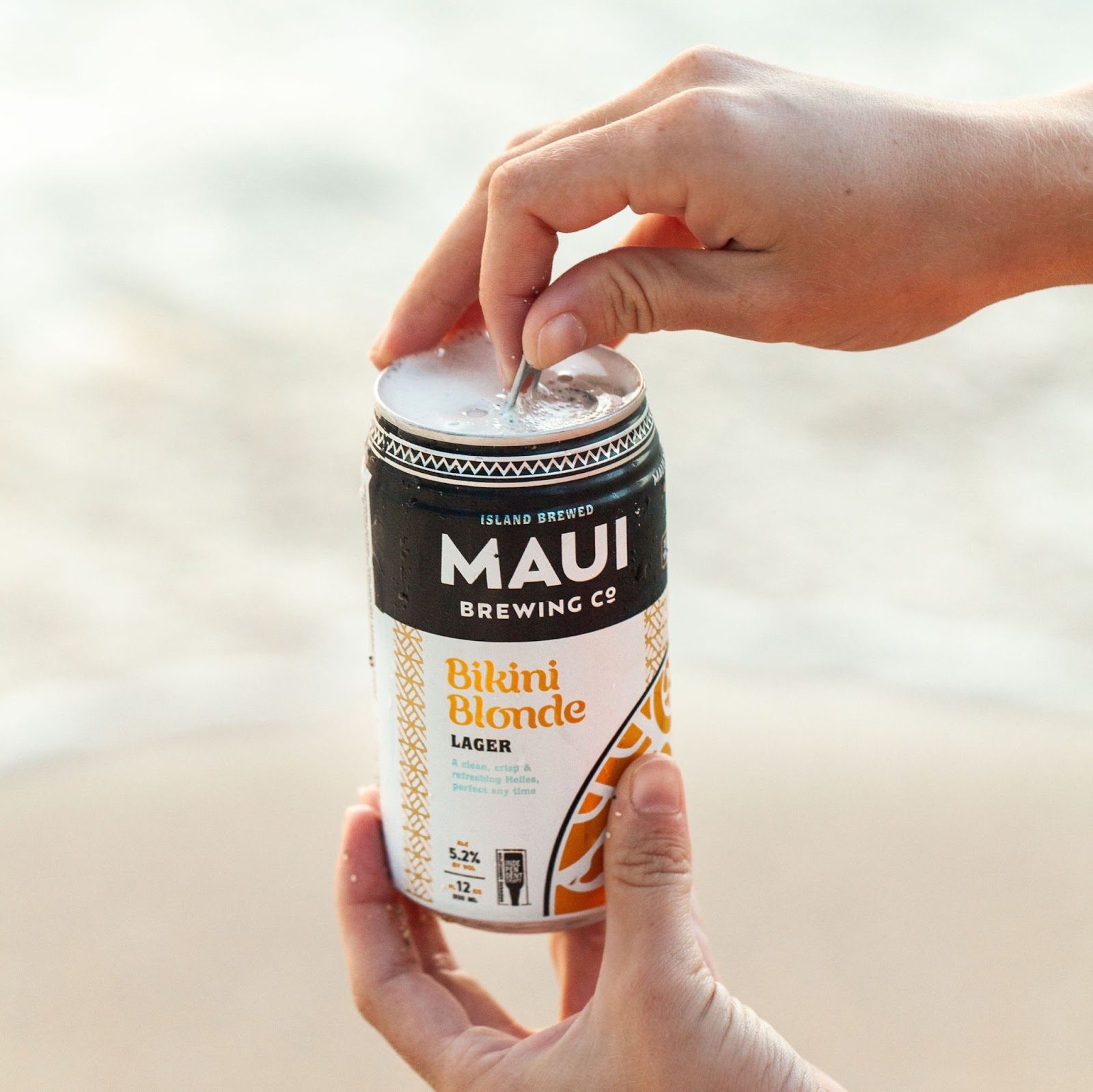
For Maui Brewing Company, a sense of place is the main ingredient. “‘Sense of Place’ to us isn’t just that we brew only in Hawaii,” co-founder Garrett Marrero told Pacific Business News, “but that we deeply care for our home state and the environment.” A main tenant for the island-based craft brewery is keeping their now well-known brews in lockstep with ancient history and cultural identity.
How do they do it? By providing that sense of place through taste, while also ensuring the products stay true and respectful to the land.
The islands that make up Hawai’i hold long-standing rituals, rich culture, and local flavors derived from unique locally grown commodities. Combined with a deep sense of pride, Hawai’i offers unparalleled experiences derived from some of the most awe-inspiring natural wonders in the world. While it certainly is not possible to capture all of those in a bottle, Maui Brewing Company does a pretty good job at putting them into its beers.
Founded in 2005, Maui Brewing Company remains the Aloha State’s largest craft brewery and has made headlines globally for its record-setting inroads in sustainability. After opening, it saw great success and quickly began expanding throughout the state. By 2012, the Maui-headquartered brewery was moving into a larger location in Kihei, a beach-combing location on Maui’s southwest coast. In following years they would expand to two additional townships. While the brewery had always incorporated local flavors, ingredients, and culture into its brews, the expansion gave them the opportunity to embrace sustainability while also becoming grid-independent.
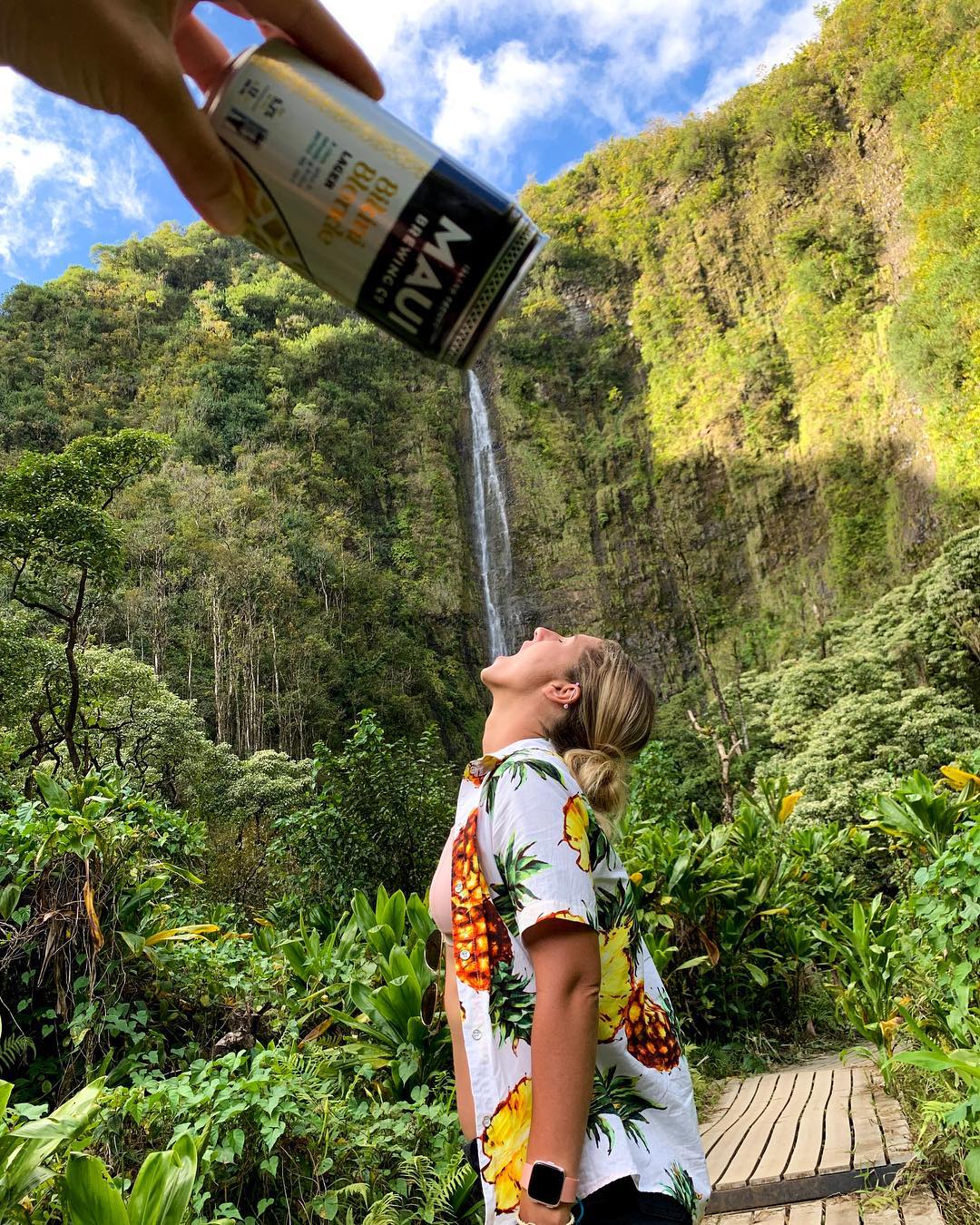
With the move to Kihei, MBC decided to embark on a venture that was growing in popularity at the time: solar panels. A $9 million investment on Maui Brewing Company’s 85,000 square foot Kihei tasting room, production center, and restaurant roofs became the home to a 1.2-megawatt solar array. For comparison, one megawatt generally equates to the annual energy consumption of 400 to 900 American homes, according to the Nuclear Regulatory Commission. Following the array’s installation, Maui Brewing Company slowly built up its capacity to provide its own energy. Initially, the array powered 30% of the brewery’s needs, bumping up to 80% in 2019, and by the third quarter of that same year it became grid-independent.
Grid independence is a method of self-powering, whereby a facility is able to sustain its own electrical needs most of the time (note: almost every legally-registered building in the country is connected to a localized power grid of some sort, so the notion of being completely autonomous is a bit misleading; rather, these types of establishments should be thought of in terms of taking in the same amount of energy they are consuming with the ability to function autonomously). Grid independence also gives the local community a major safety net: Maui Brewing’s grid can be turned on in the case of a natural disaster, like a hurricane, to provide temporarily stored power to the immediate vicinity.
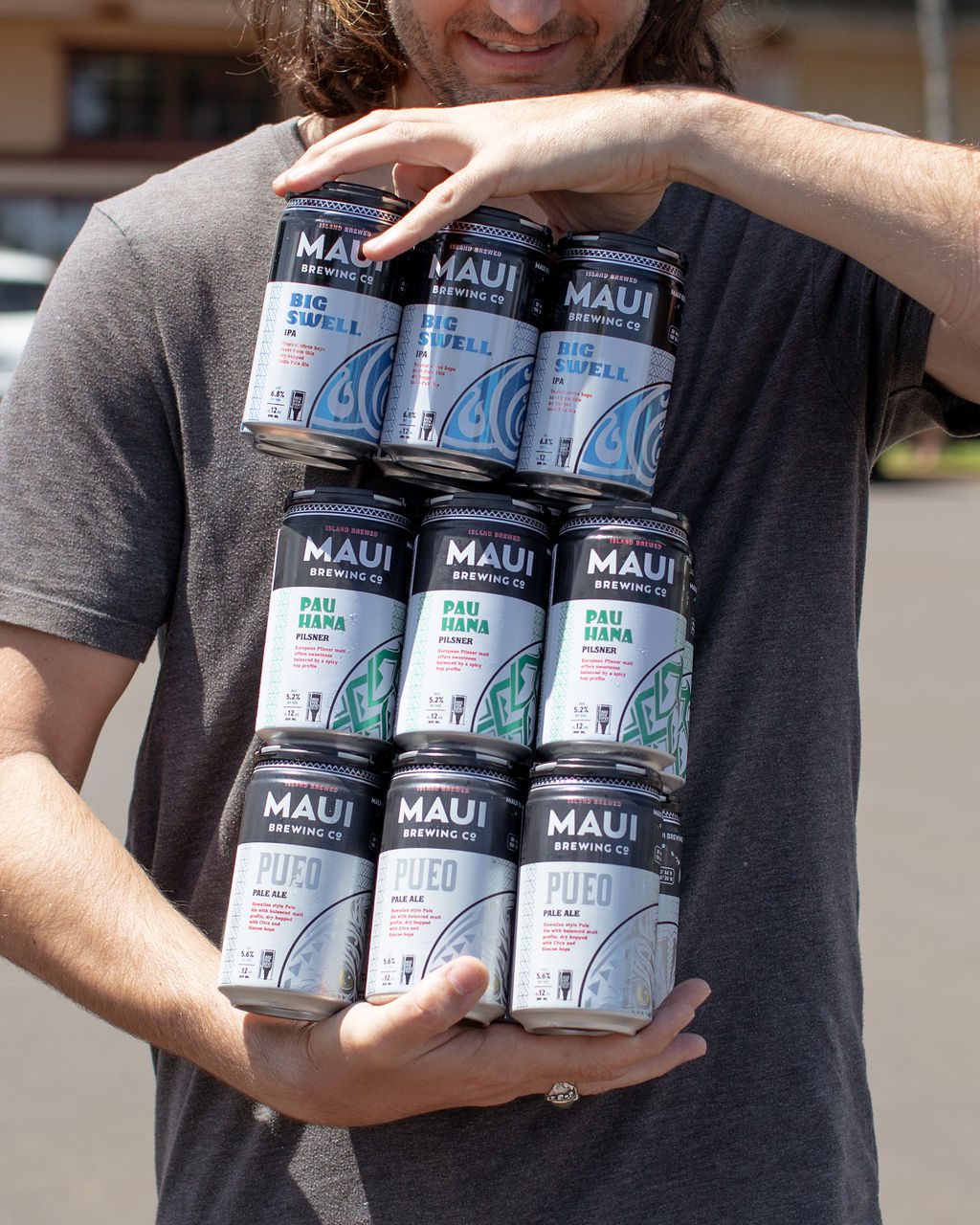
In addition to its impressive endeavors with clean energy, Maui Brewing Company employed the use of recyclable cans a number of years back and has more recently launched a CO2 carbon capture program, which uses CO2 emitted during the fermentation process to then carbonate the brews later in the process. This prevents the brewery from having to purchase CO2 from an off-site plant. In the long term, the company hopes to improve its water consumption by the construction of a wastewater treatment plant in-house. Brewing is a highly water-intensive process, generating a significant amount of wastewater.
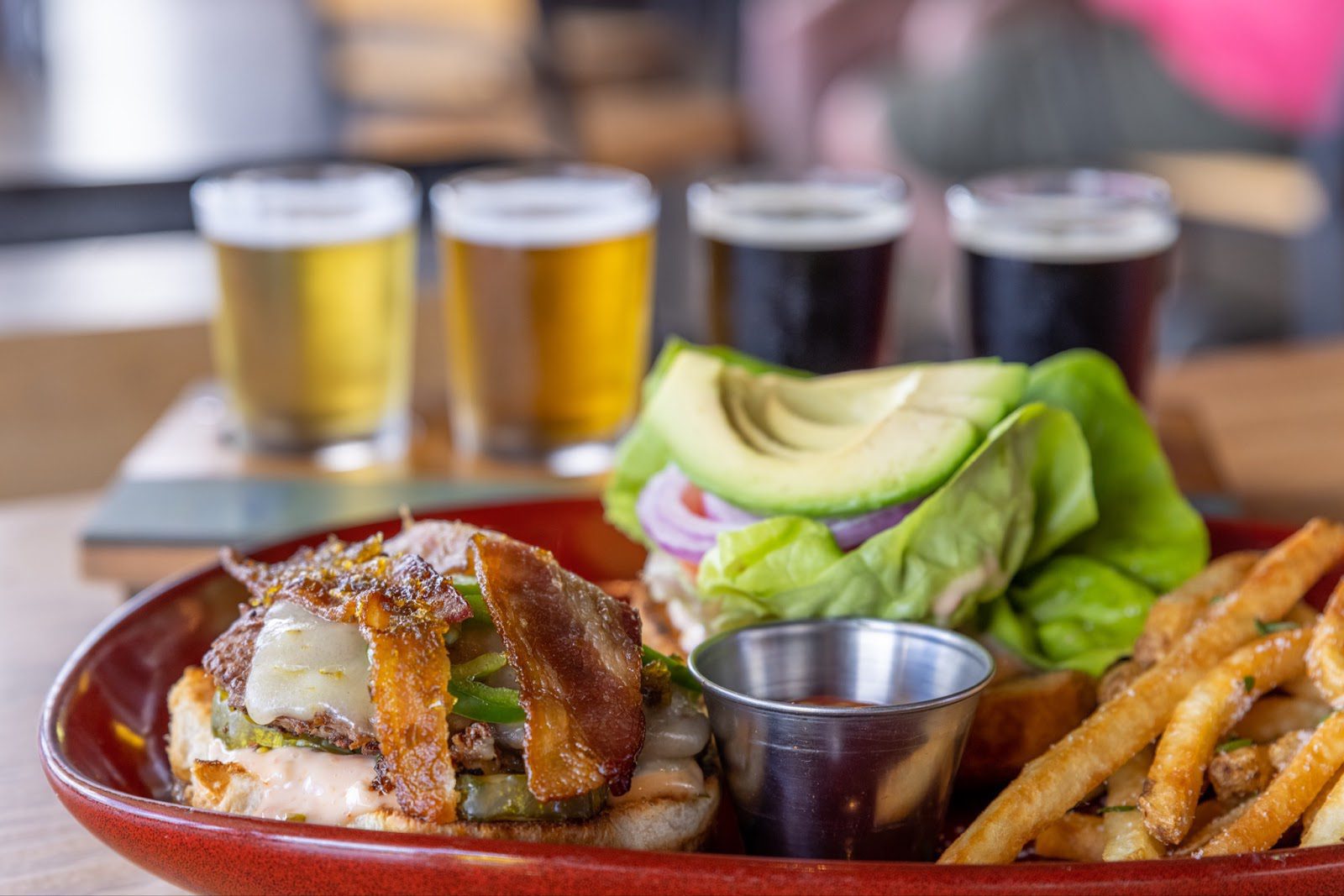
In addition to the actual brewing process being resource-intensive, many craft breweries have the advantage of being on the mainland, limiting the greenhouse gas emissions expelled through shipping and logistics. While some ingredients may still need to come from the mainland, Maui Brewing knows the impact that long-haul shipping has on the environment and the importance of sourcing locally where possible. It has even developed a life cycle of some ingredients, including grain. “This year we’ll use over 2 million pounds of malted barley. And this will all become spent grain and go to local farmers for composting and cattle feed,” the co-founder shared. Those local farmers aren’t just picked at random. One of the major recipients (and its cattle) is Maui Cattle Company, whose local beef supplies the brewery’s on-site pub – a perfect circle of sustainability.

At the heart of the operation, is making sure local culture, ingredients, and flavor are all included in the brewing process. “Ultimately, to us, we just feel it’s the right way to manufacture responsibly,” Marrero continued, “We’re proud to lead by example and challenge others to follow suit.”



